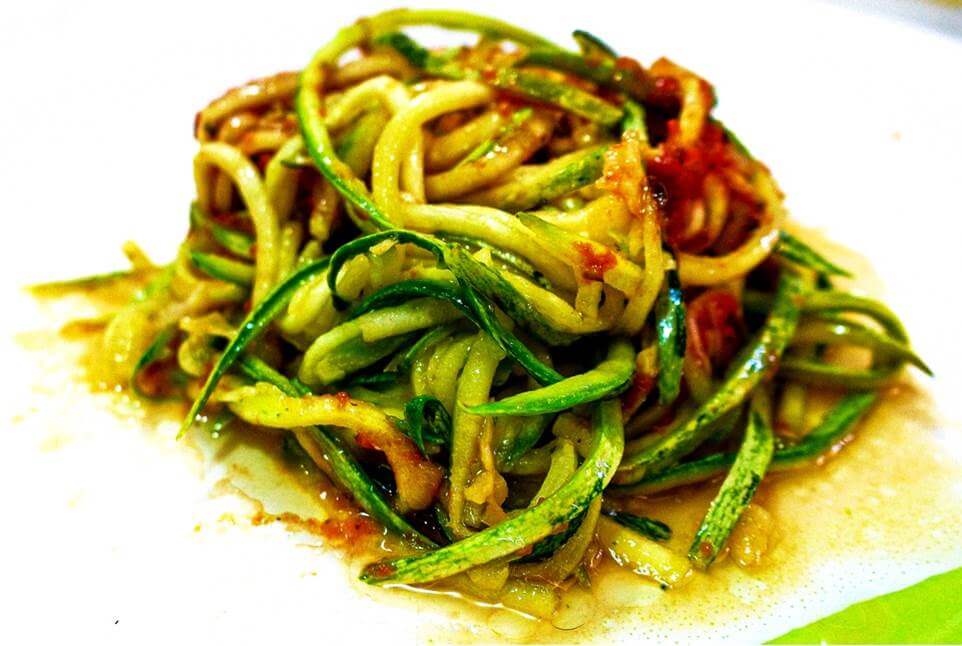Nutrients You’re Missing Out on When You Go Vegan
 Image Credit: Pixabay
Image Credit: PixabayA report by GlobalData revealed there has been a 600% increase in the number of people in the U.S. who identify as vegan, from just 1% in 2014 to 6% in 2017. While a vegan diet offers lots of health benefits, such as lowering the risk of type 2 diabetes, high blood pressure, cancer and obesity, doctors and nutrition experts also caution that a poorly planned vegan diet can mean that your body isn’t getting some vital nutrients, including these.
B12
Vitamin B12 is only found in foods that are derived from animals, and as vegans don’t eat any animal-based products like beef or dairy, it’s important for them to find another way to get B12. It’s a critical vitamin for keeping blood and nerve cells healthy, as well as for manufacturing DNA. It can be found in fortified foods such as certain soy products like tofu, soy milk or rice milk as well as fortified cereals. Seaweed is especially nutritious and can even be delicious when done right. In fact, you may want to consider healthy snack delivery that includes Ocean’s Halo Seaweed Snacks, which provide 20% of the recommended daily value for B12, along with iodine and a smaller amount of vitamins A and C, along with calcium.
Calcium
Fortunately, milk and cheese aren’t the only foods that contain calcium, though many vegans may be lacking in this mineral if they don’t pay careful attention to their diet. It’s necessary for maintaining bone strength, growing new bone, preventing osteoporosis (bone disease), maintaining proper muscle functioning and heart rhythm. Outside of animal products, it can be found in tempeh and tofu as well as green veggies like spinach, broccoli and kale. In fact, kale has become one of the most popular superfoods, with a ton of nutrition, include 90 mg of calcium in just one cup.
Iron
An iron deficiency is quite common among vegans, as red meat is the most readily absorbed form of iron. Getting iron can be somewhat complicated when you don’t eat meat, as iron from plant sources is harder for the body to absorb. To do so, it’s important to include lots of plant-based iron sources such as dark, leafy greens, beans, chickpeas, lentils, quinoa, nuts and seeds. Iron is critical as it’s needed to produce hemoglobin which helps to carry oxygen from the lungs to the rest of the body, without enough it can cause one to feel fatigued.
Omega-3 Fatty Acids
Omega-3s are another commonly lacking nutrient in those who follow a vegan diet, which can cause one to have drier skin, become ill and/or depressed more often, feel fatigued, and raise the risk of heart disease as well. There are lots of great vegan sources for this important anti-inflammatory fatty acid, including hemp seeds and flax products like flaxseed and flax oil which are especially ideal for getting your omega-3s if you don’t eat any type of animal products.
839GYLCCC1992



Leave a Reply